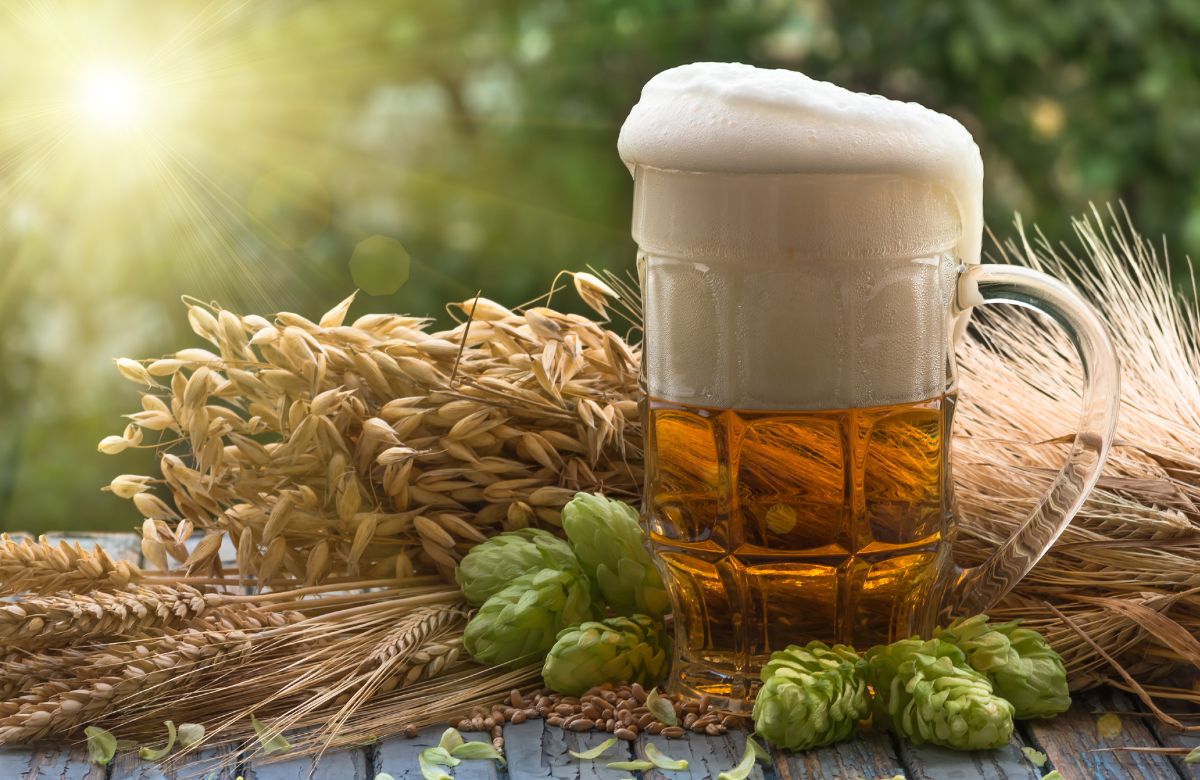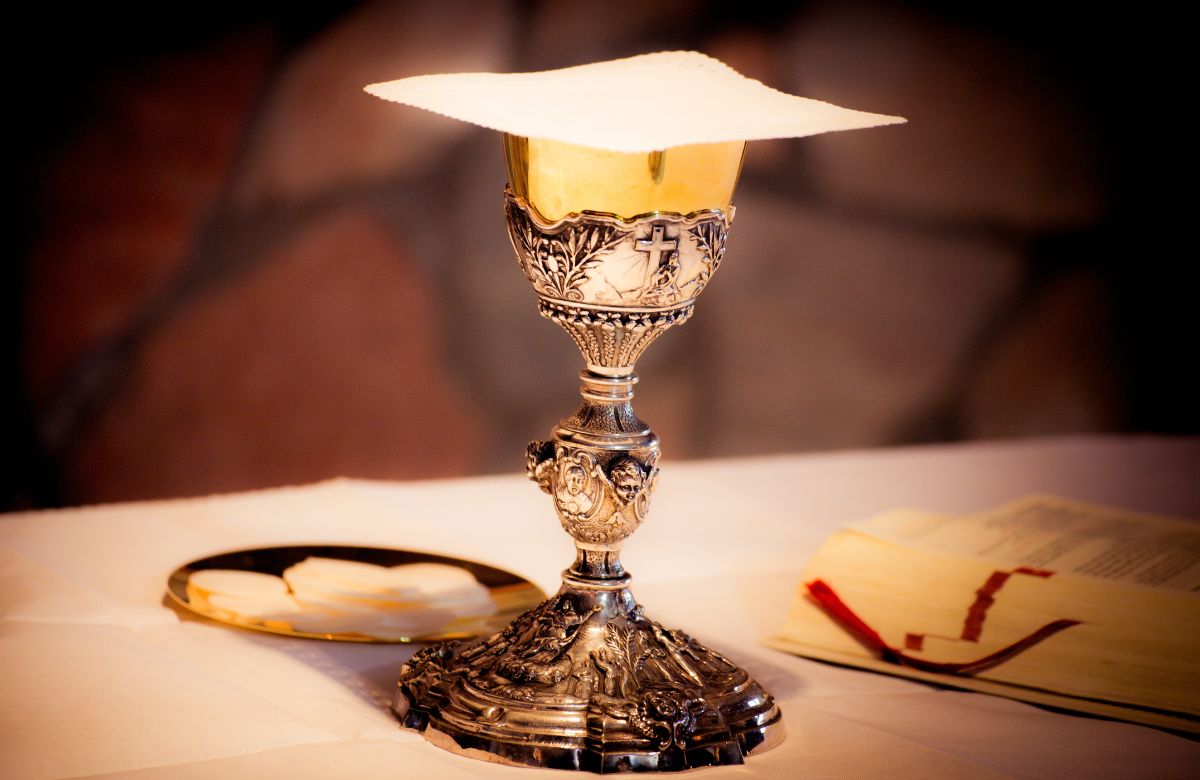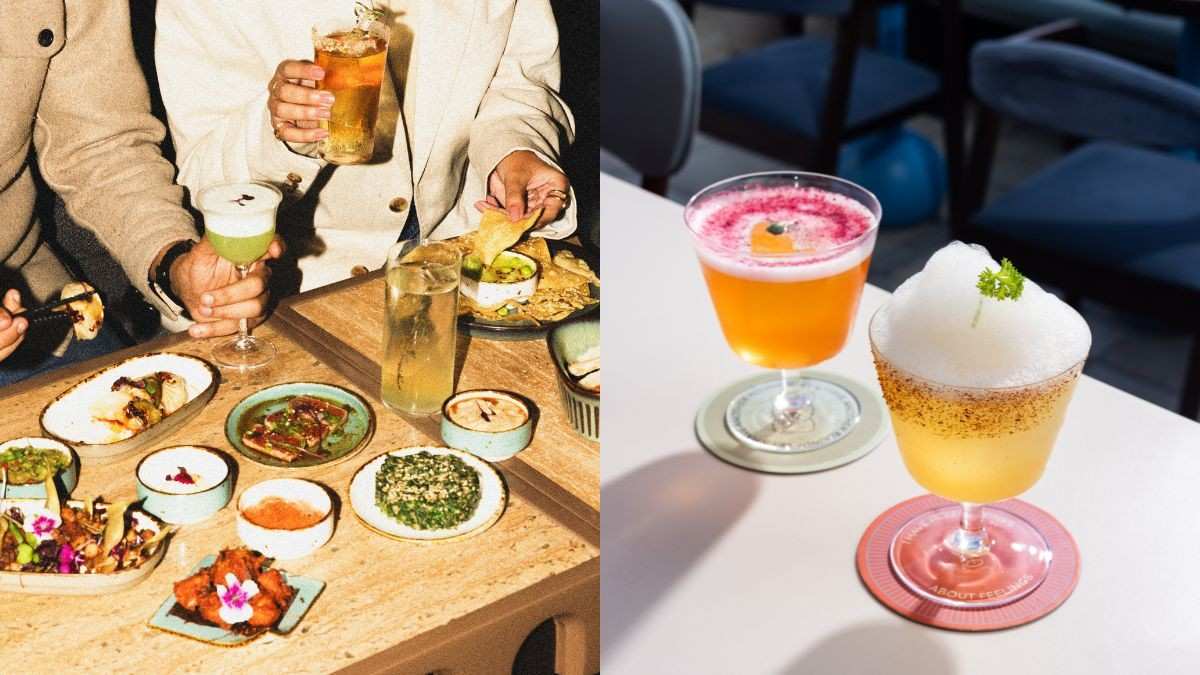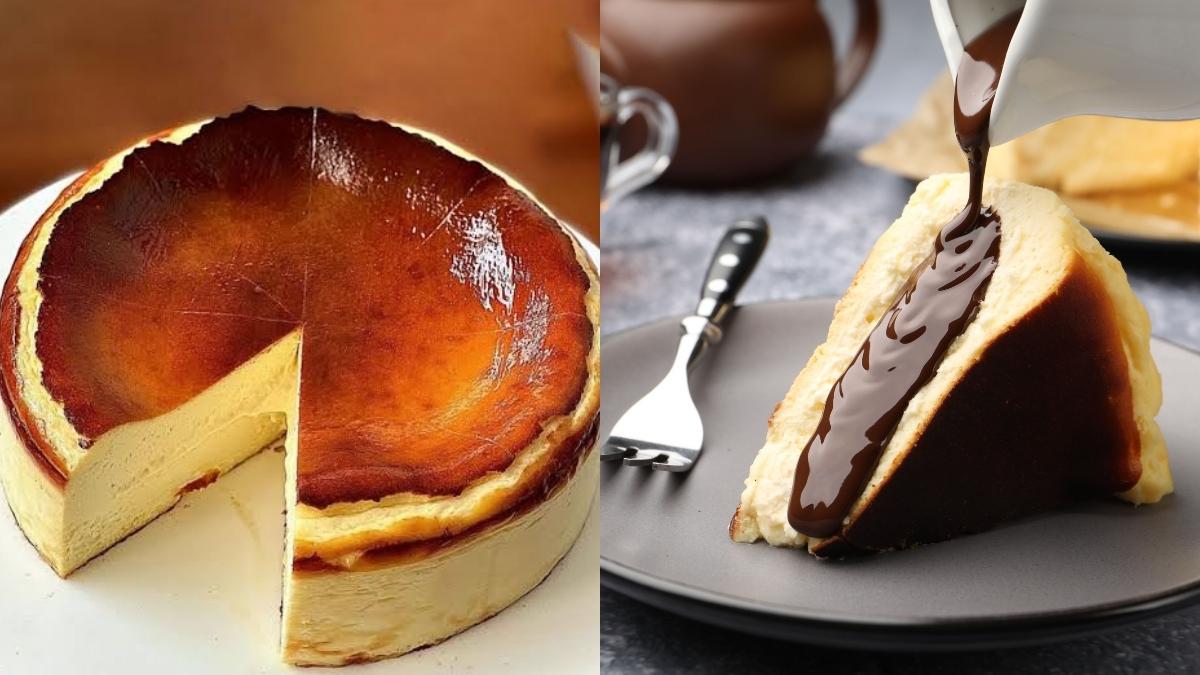There’s an ancient alcohol elixir, that represents more than just a drink. It is a portal to the past, made with fermented grains and fruits that even have the Gods as fans. Finding its mention in the Rigveda, Sura has its roots firmly embedded in antiquity.
What Is Sura?

Sura, often referred to as “suraa” in various ancient texts, finds the earliest traces in the Indus Valley Civilisation, dating back to around 2000 BCE. Ancient texts like the Rigveda, one of the oldest religious texts in the world, mention the consumption of Sura in religious rituals. Sura was also embraced by the Sumerians, Egyptians, and Greeks, highlighting its widespread popularity across ancient civilisations.
In ancient India, it was offered to gods during religious ceremonies and was believed to facilitate communication with the divine. In Mesopotamia, Sura was consumed during festivals and gatherings.
According to historical accounts, sura is produced with rice meal, wheat, grapes, sugarcane, and a variety of other fruits. It might have been a brew (rather than a distillation), yet workers and warriors both liked it. It’s possible that it was merely a spirit because these groups of people (the non-god kinds, essentially) were only permitted to ingest distillates to relax after a long day. But it was also Lord Indra’s preferred beverage, and he frequently triumphed in combat after drinking it.
Also Read: Mocktails Are Back And How! Why Are People Leaning Towards Non-Alcoholic Drinks Once Again?
Sura: Then & Now

Anyone who drank alcohol in India in the 1500s had access to a wide variety of beverages, including sugarcane wines, intricate grain and herb beers, mead, palm toddy, imported grape wine, and many others. But today, nothing is known about this old drink culture, and it only exists in a very limited way.
Sura from one culture often found its way to distant lands through trade routes, influencing local traditions and culinary practices. Despite its popularity, the consumption of Sura faced challenges over the centuries. Religious and moral movements in various societies led to prohibitions or restrictions on alcoholic beverages, including Sura.
Archaeologists, historians, and enthusiasts have sought to recreate ancient recipes and techniques, offering a taste of history. This revival has led to a deeper appreciation of the craftsmanship and cultural significance of Sura.
Cover image credits: Canva
First Published: September 11, 2023 6:28 PM



